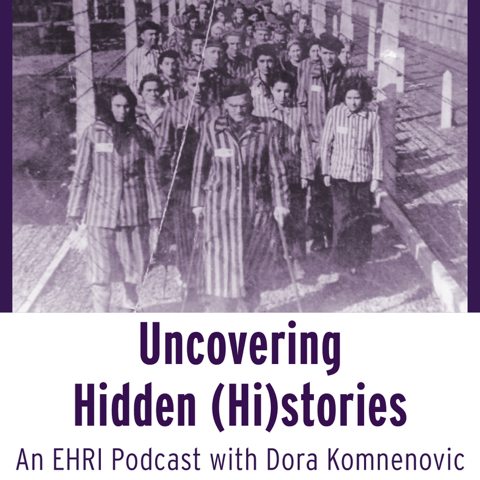Latest News





You might have already noticed various news pieces on the EHRI communications channels about our ambitious plan to transform from a series of projects into a permanent organisation in the form of an ERIC – a European Research Infrastructure Consortium. We are now getting very close to realising this plan: on 26th January 2025, EHRI-ERIC will be formally launched at the Polin Museum in Warsaw, Poland.
You may wonder - what does this mean for the many users and stakeholders of EHRI? We have started to compile a number of frequently asked questions (FAQs) that should help address the most common questions.

From 4-7 November 2024, the European Holocaust Research Infrastructure held the seminar ‘Holocaust and Exile - Approaches, Sources, Methodologies’, hosted at the German National Library (DNB) in Frankfurt am Main. Jointly organized by EHRI partner IfZ and the German Exile Archive 1933-1945 as part of the DNB, 13 participants, most of them researchers and archivists affiliated in Italy, Austria, Germany, Israel, Serbia and Portugal spent four days discussing the link between Holocaust and Exile Studies and the methodologies to approach this research topic that has often been overlooked in the past.

In cooperation with La Benevolencija, a Jewish humanitarian organisation based in Sarajevo, Bosnia and Herzegovina, Centropa organised a 2.5 day training program for 25 educators from Bosnia-Herzegovina and Germany that took place on 18 – 20 October 2024. EHRI was invited to present services that could be of relevance to teachers from the Balkan region and to join the various activities, such as historical lectures on the Jewish history of the Balkans and the Holocaust. Centropa had also invited colleagues from Serbia, Croatia, Slovenia and North Macedonia.



In May of this year, Anthonia Prins joined the EHRI team in Amsterdam as their very first intern. Anthonia worked closely with Katharina Freise to indentify interesting stories for the third season of the EHRI Podcast, "For the Living and the Dead: Traces of the Holocaust" and supported with script development, production and dissemination. Here Anthonia shares her account of her time at EHRI.
